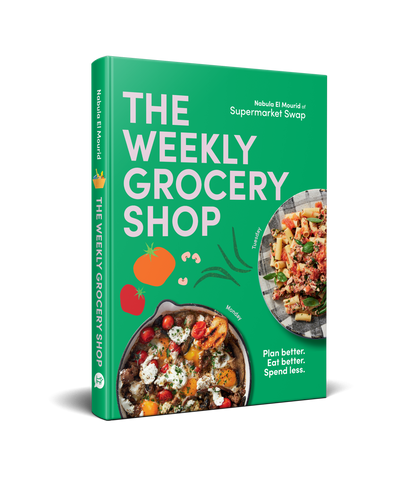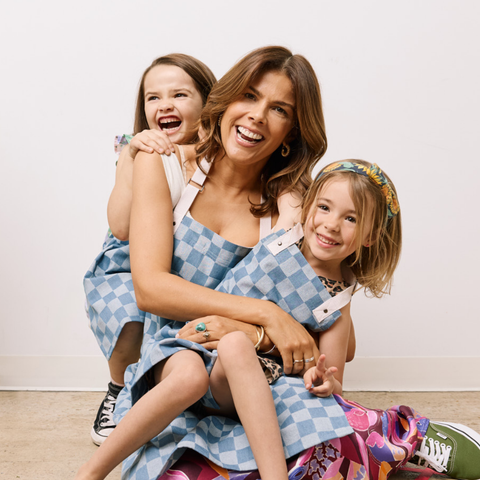


Whilst some parents notice their child's appetite drops in toddlerhood, others can be concerned that their toddler is eating too much.
These parents may be wondering:
- are they eating too much?
- but they just ate!
- how can they still be hungry?
Thankfully healthy growing toddlers are very good at knowing how much they need to eat, and they can recognise when they are hungry and when they are full. So in most cases if we provide them with nutritious foods and regular opportunities to eat, we just need to trust that they know how much they need.
Toddler's big and small
Toddlers come in all different shapes and sizes, just like adults. Some toddlers will be bigger than others, some toddlers will be smaller. It may be completely normal for a toddler to sit on their growth chart on the 97th percentile for weight (3% of children will be on or above the 97th percentile as part of normal population spread) and for another toddler to sit on the 3rd percentile for weight (3% of children will be on or below the 3rd percentile as part of normal population spread). Ideally with toddler growth, weight and height should be similar - for example if your child has tracked on the 98th percentile for height since birth, then it would be completely normal for them to be around the 98th percentile for weight (growth charts require careful interpretation by a qualified health professional such as paediatric dietitian or paediatrician)
Why toddlers can eat 'a lot'
- Toddlers are still growing, growing requires lots of energy and increases metabolic rate, and depending on periods of growth your toddlers appetite may vary (typically toddlers grow about 35 - 56 g per week, or 2-3kg over a year) and physically their bodies change, growing longer limbs and torso.
- Toddlers also have increased energy needs depending on their level of physical activity. Most toddlers are increasingly more active than they were as a baby - all the new gross motor skills they are practicing use lots of energy, think running, jumping, climbing, dancing, playing, running and more running (did I say running).
- Nutrition requirements for toddlers are high; for example a 3 year old boy who weighs 14kg would need up to 1600 calories per day ..... the average adult eats around 2000 calories per day. Toddlers (1-3years) have iron requirements of 9mg/day, the same as a fully grown man.
- Toddlers still have small tummies so they typically need to eat 'frequently'; this can make it feel like you are preparing food for them all the time.
Helping a toddler to eat 'well'
The variety of foods a child eats is more important than the amount eaten in ensuring adequate nutrition,
general guidance is that toddlers should eat according to appetite rather than specific portion sizes. Toddlers are good at knowing how much to eat – if we provide them with the right framework to do so.
To meet their high nutrition demands it is important to offer your toddler a range of foods, choose foods from the five food groups. The table below is taken from the Australian guide to healthy eating and is a guide to serving foods with high nutritional value through out the day. Toddlers 1-3 years typically need:

Stick with a routine
“Parents decide what and when food is served. Children decide whether and how much.”
Toddlers typically need breakfast, morning tea, lunch, afternoon tea, and dinner.
To help them feel full until their next meal it can be useful to serve a fibre food (such as a fruit, vegetable or grain) with some protein (cheese, yoghurt, chicken, legumes, egg).
Avoid any constant grazing or free range of pantry items, this can mean toddlers fill quickly with less nutrient dense food, but feel hungry soon after.
If you have a toddler that eats well, then most are really good at regulating their intake if you provide them with the right framework. However, if you are worried about your child's intake always seek individaul advice and assessment
This article was originally written by Accredited Paediatric Dietitian, Accredited Practicing Dietitian and Nutritionist Anna Ritan from Nourish Little Lives, a friend of Supermarket Swap, and has been included here with her permission. To learn more about Anna's work, visit Nourish Little Lives.

